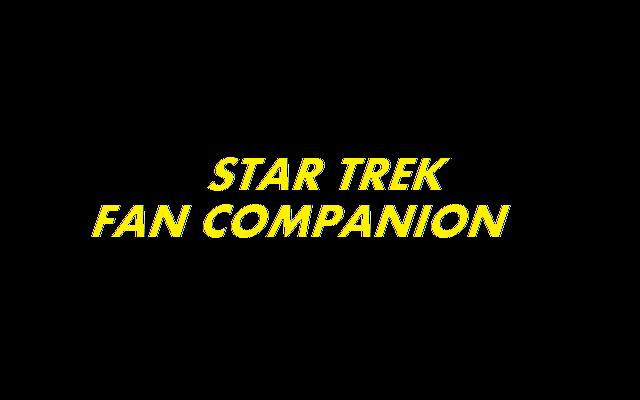the story: Keiko is possessed, forcing O'Brien to comply with an insane request.
what it's all about: It's wildly curious that the debut of the Pah-wraiths should come off like a bad remake of the Next Generation episode "Power Play," which also features alien possession and the O'Brien family caught in the crosshairs...
A far more menacing version of this story appears late in the sixth season, "The Reckoning," which basically corrects all the horrendous missteps of "The Assignment," featuring a far more menacing possession and a much smarter plan on the part of the Pah-wraiths, just before Dukat appears in the sixth season finale ("Tears of the Prophets") and effectively sets up their integral part in the eventual conclusion of the series.
But really, it's hugely baffling that something like this could happen. Clearly the producers had no idea at this point how important the Pah-wraiths (cast-out wormhole aliens the Bajorans worship as the Prophets, and as such the devil to their god) would turn out to be, and is one of the more egregious examples of how the series developed as it went along rather than was figured out from the start (Babylon 5 fans get a point in that regard). Not that this is a bad thing, because in most other respects such organic growth actually helped make it feel more natural.
The worse part is that Odo's life as a "solid" is featured, as he attempts to figure out what O'Brien's up to. If this had somehow involved Odo being more important to the plot rather than an add-on, this would've been better. If, say, he were investigating someone close to Kira, but that's not the case, and another lost opportunity is found in one of the most pointless arcs of the series.
If you don't want to worry too much about the significance of...anything and just want to sample characters and concepts from Deep Space Nine, this is a curious way to do it, but I suppose it is available for such viewing.
criteria analysis:
franchise- That this could've happened in any series is hardly a positive note.- series - Inauspicious as it is, this is still the debut of the Pah-wraiths.
character- Useless spotlights on the O'Briens and Odo.essential- One of the most truly poorly-developed episodes of the whole series.
Rosalind Chao (Keiko)
Hana Hatae (Molly)
Max Grodenchik (Rom)
